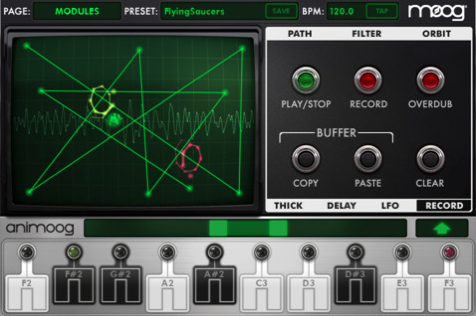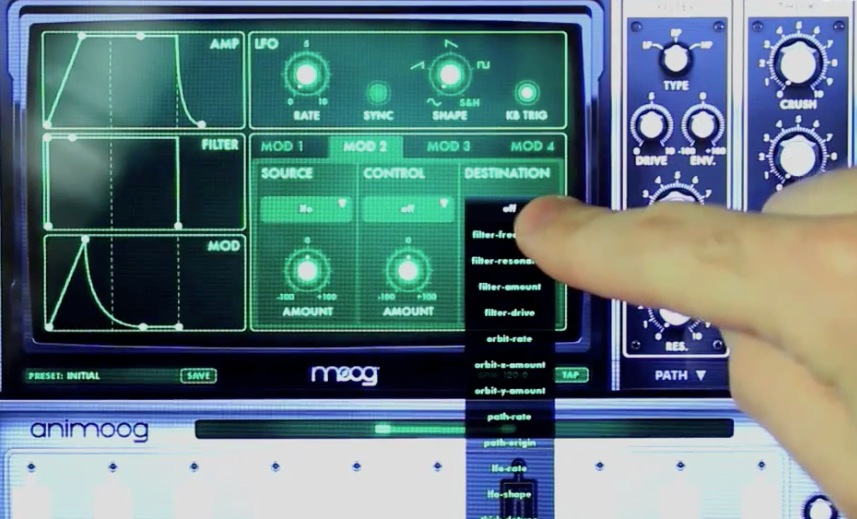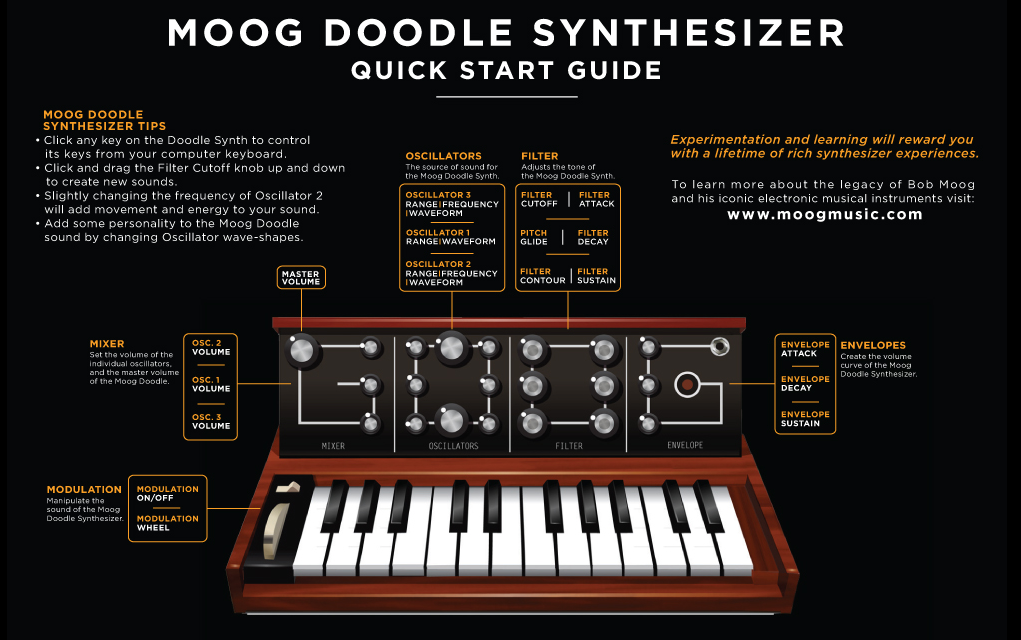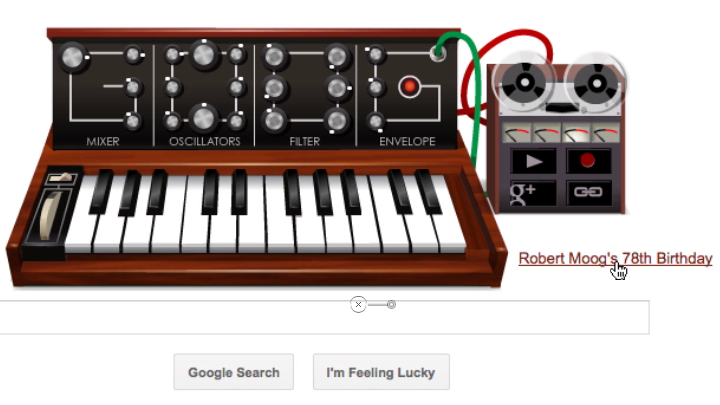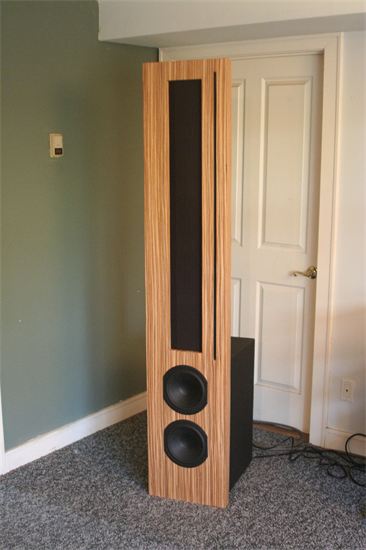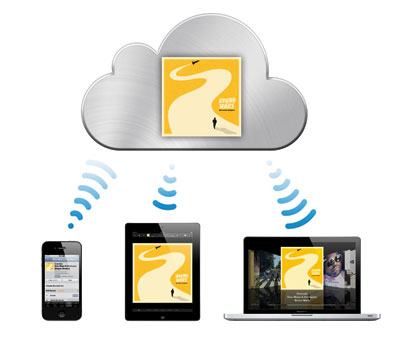“Metric has created a great record, with great pop sensibilities. I hear 80’s synths, guitars that chime, and great rhythms. Youth Without Youth hasn’t left rotation on my MacBook & iphone since I got it. Great work from Metric!
With their fifth album, Synthetica, Toronto-bred electro-rockers Metric continue to blend sharp lyrics, memorable meolodies, and formidable beats with modern instrumentations. “Speed the Collapse” presents an unfolding drama driven by nervous-sounding drumming. “The Wanderlust” perfectly contrasts Emily Haines’ sweet singing with the legendarily unflappable delivery of guest duet partner Lou Reed. The horns toward the end of the title track, in turn, warmly complement its raw guitar power.
Metric Synthetica – Listen and Download Now
Metric Synthetica – iTunes Canada Store
Track Listing…
1 Artificial Nocturne 5:42
2 Youth Without Youth 4:17
3 Speed the Collapse 3:42
4 Breathing Underwater 3:56
5 Dreams So Real 2:40
6 Lost Kitten 3:16
7 The Void 3:17
8 Synthetica 3:54
9 Clone 5:13
10 The Wanderlust 3:10
11 Nothing But Time 4:04

